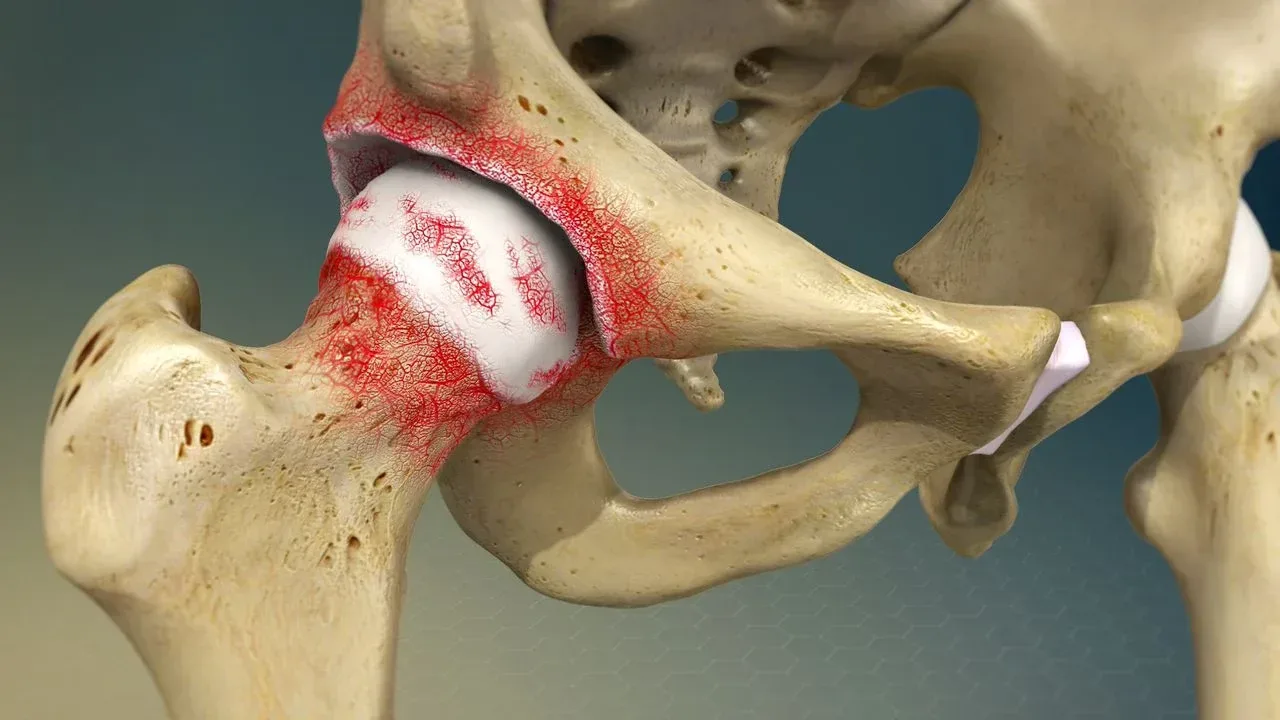
Degenerative joint disease (DJD) of the hip, also known as osteoarthritis, is a common condition that causes pain and stiffness in the hip joint. It occurs when the cartilage that cushions the bones in the joint breaks down over time, leading to bone rubbing against bone. This can cause inflammation, pain, and loss of mobility in the affected joint.
The most common symptoms of hip DJD include:
Several factors can contribute to the development of hip DJD, including age, obesity, previous hip injuries, and genetics. As we age, the cartilage in our joints naturally begins to deteriorate, making us more susceptible to DJD. Excess body weight can also put added stress on the hip joint, accelerating the wear and tear of the cartilage.
While there is no cure for hip DJD, several treatment options can help manage symptoms and improve quality of life. These include:
Regular exercise and physical therapy can help strengthen the muscles surrounding the hip joint, improve flexibility, and reduce pain and stiffness. A physiotherapist can design a customised exercise program tailored to your needs and abilities.
Chiropractors can help alleviate hip DJD symptoms by manually adjusting the hip joint and surrounding tissues. This can help reduce pain, improve range of motion, and promote healing in the affected area.
Maintaining a healthy weight can help reduce stress on the hip joint and slow the progression of DJD. A balanced diet and regular exercise can help you achieve and maintain a healthy weight.
Over-the-counter pain medications, such as paracetamol and ibuprofen, can help relieve pain and inflammation associated with hip DJD. In some cases, stronger prescription medications may be necessary.
If you are experiencing symptoms of hip DJD, it is important to consult with a chiropractor or physiotherapist. They can help diagnose the condition and develop a personalised treatment plan to manage your symptoms and improve your overall mobility and quality of life.